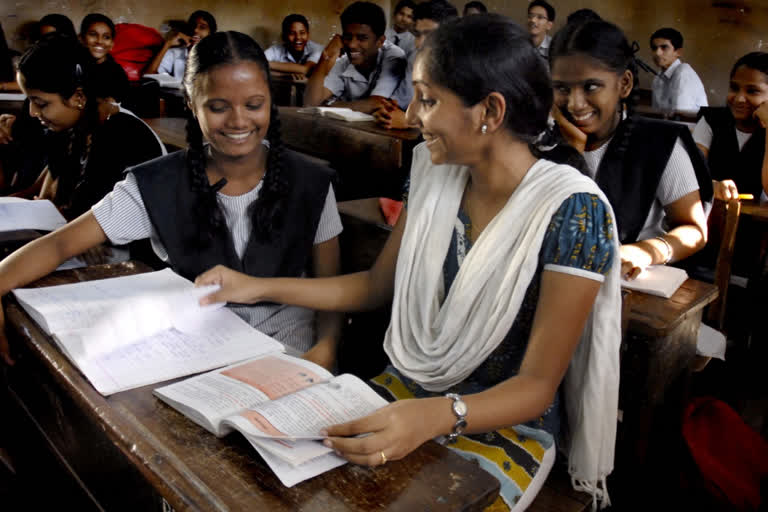New Delhi:The long-drawn controversy around Hindi imposition has resurfaced yet again, after the submission of the draft National Education Policy 2019, which sought the continuance of the three language policy all across India.
According to the draft policy, schools in the Hindi speaking states were prescribed to teach one other Indian language in addition to English and Hindi. It also said that in non-Hindi speaking states the three language policy will have the regional language, along with Hindi and English.
This was construed by many as an attempt to impose Hindi on students in non-Hindi states, which led to an uproar all across Tamil Nadu. Politicians vehemently stood against the move, warning of a looming language war.
This provision in the draft policy led to strong protests across Tamil Nadu. Similar demonstrations were witnessed in West Bengal, Maharashtra, Karnataka and Kerala.
The protests were so intense that even after Union Ministers Nirmala Sitaraman and Jai Shanker, both natives of Tamil Nadu, tried to explain to the people that it was just a draft policy and the final policy would be brought into effect only after taking into consideration the suggestions from the State government and the people.
Following the row, the Centre tried to make amends, deleting the controversial clause. The three language policy would remain intact, but Hindi would not be imposed.
But, the issue is not new. Tamil Nadu has a history of opposing moves to impose Hindi.
